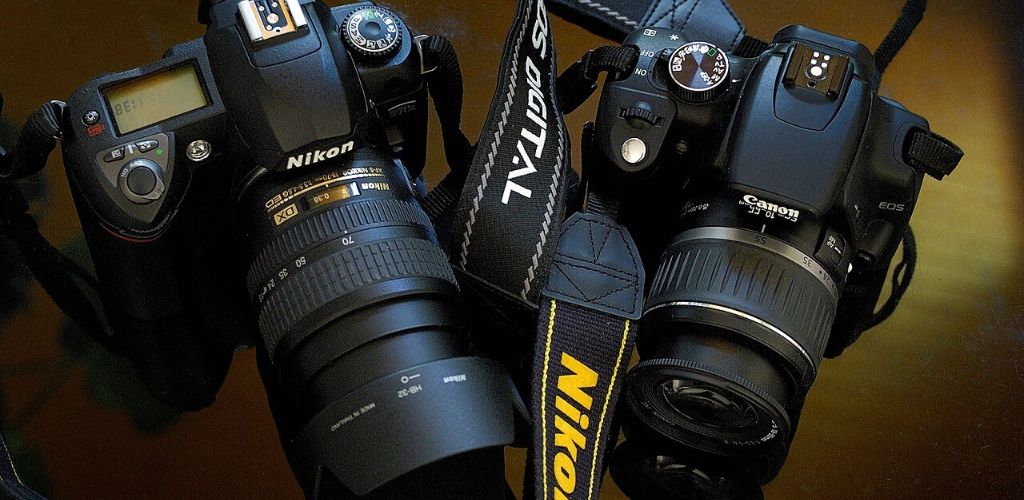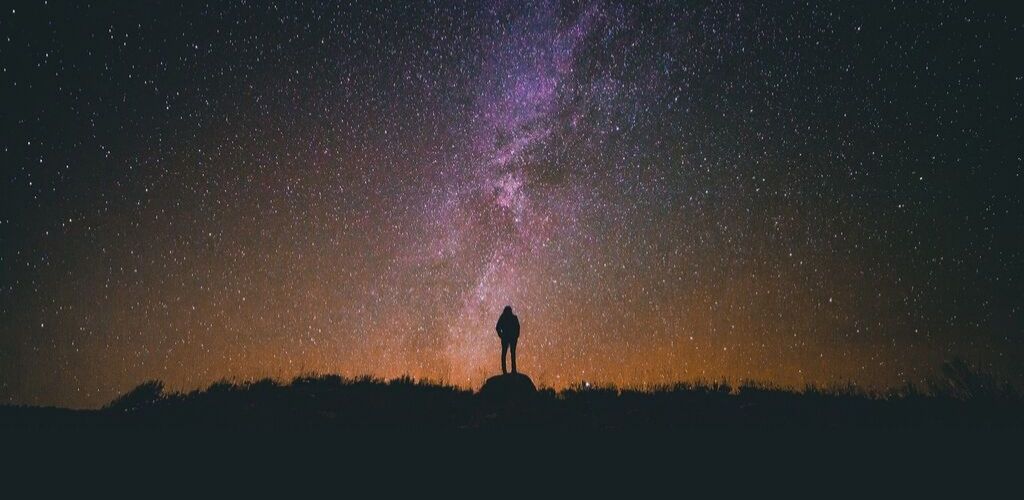
If you live in or near an city, you have surely noticed the harmful effects of light pollution on stargazing. Here are 10 tips that will help you observe the sky in an urban environment…
Find a dark place
Find a place in your garden that is not too polluted by street lighting and has a clear view of the night sky. To protect yourself from stray light, you can sit in the shadow of a wall or tree.
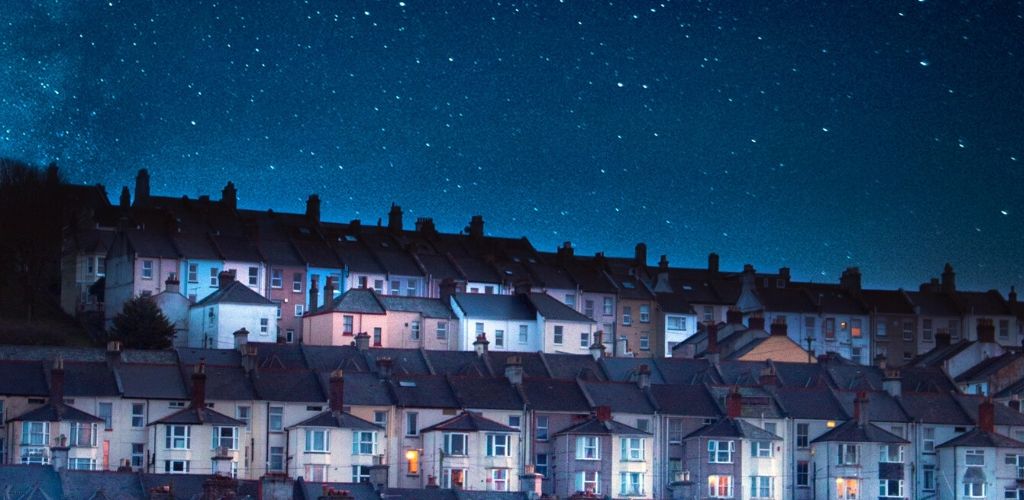
Wait for good conditions
High humidity or prolonged drought peak can make the situation worse. Check the weather report regularly. Stable and slightly windy weather is ideal for night sky observation.
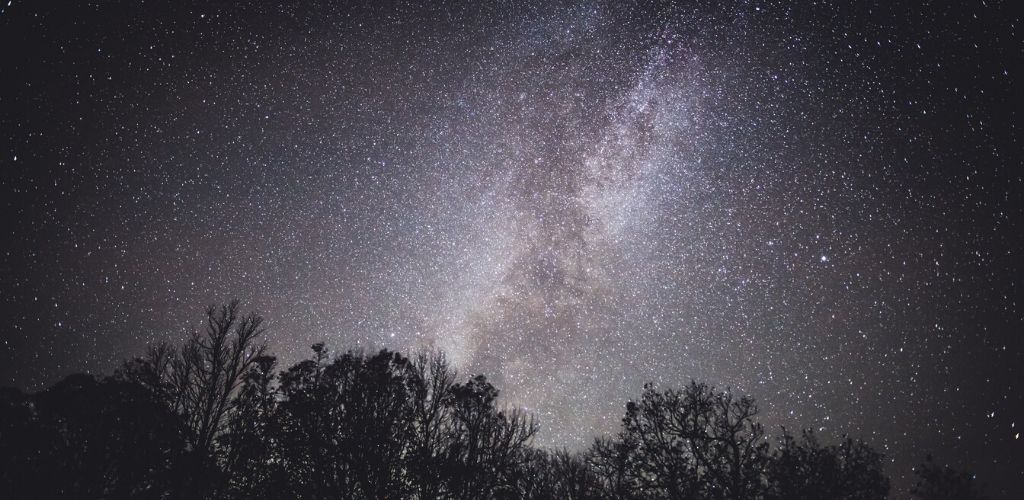
Leave the city for the countryside
If the view you have of the night sky from your garden is unsatisfactory, do not hesitate to go a few kilometers to find a place where it is darker. Some astronomy websites of your country can help you to find the right place for stargazing. You will be surprised by the difference !
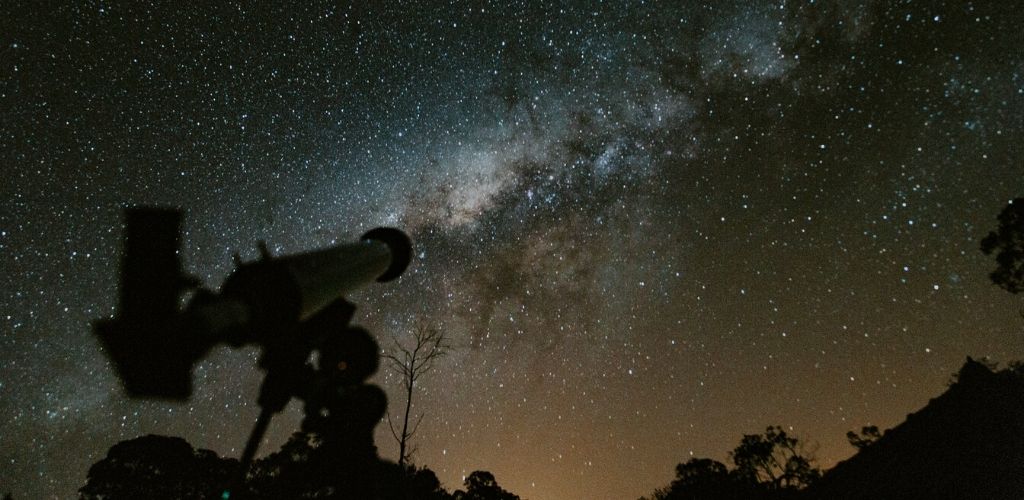
Protect your telescope
Prevent diffuse light from getting into the lens of your telescope. Extend the dew shield of your telescope if it is too short, using a piece of thick black cardboard. Add flexible eyelets to both sides of the eyepiece to prevent diffuse light from reaching your eyes.
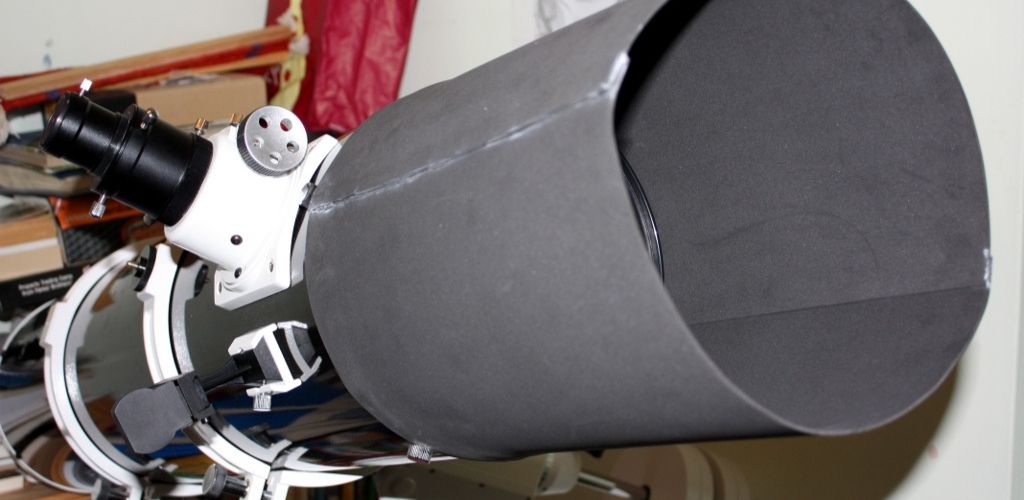
Cover your head
You can protect yourself from the intrusive light by covering your head with a dark cloth. You will get your eyes used to darkness by allowing your pupils to expand as much as possible. You will be able to better see the faint stars through your telescope.
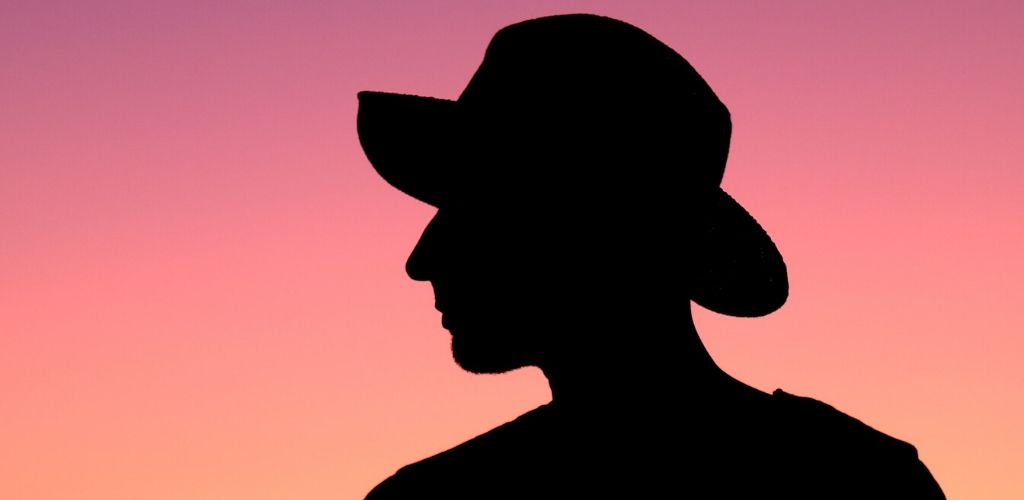
Be nice with your neighbors
This recommendation may seem incongruous, but be aware that much of the flare comes from the security lighting. If your home is equipped with it, turn it off when you observe the sky. At least, make sure it is always directed to the ground. If it has a timer, make sure its duration is short. If your neighbors’ security lighting is a problem, politely ask them to turn it off during your observation.
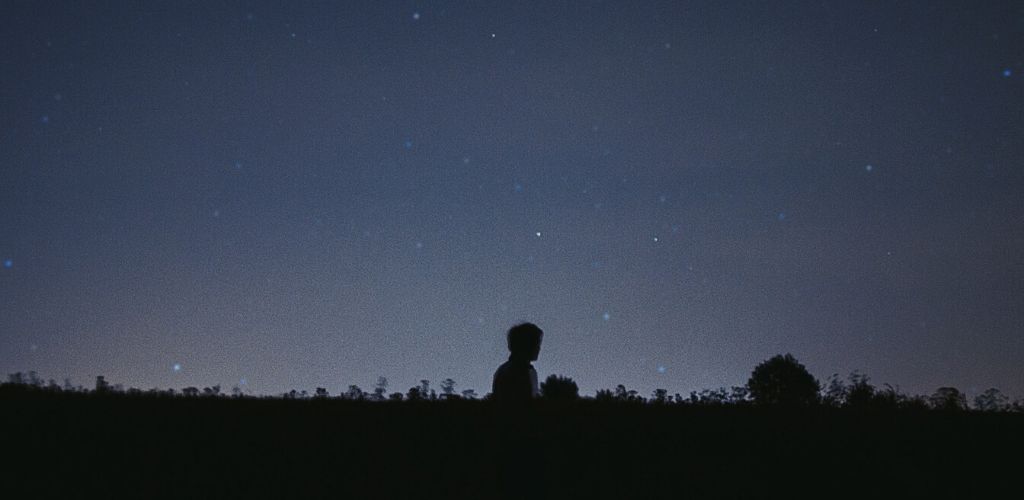
Use color filters
Color filters, which are screwed on the eyepiece of telescopes, are very useful in astronomy. Some have been designed to limit the effects of light pollution by selectively reducing the transmission of certain wavelengths of light, particularly those associated with artificial lighting.
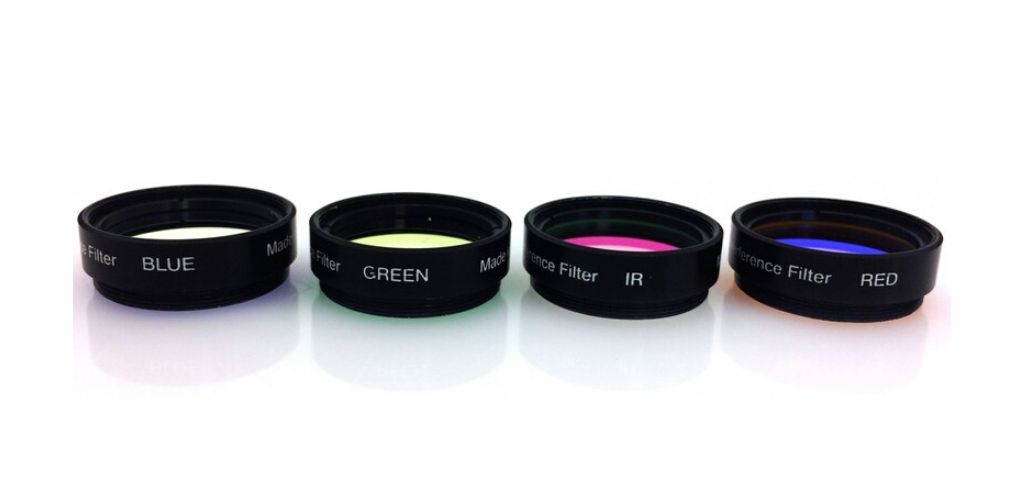
Start late at night
After midnight, the amount of surrounding diffuse light is less than in the early evening. This is because most people went to bed and turned off the lights inside and outside their homes. Similarly, some cities have chosen to lower or stop public lighting after midnight.
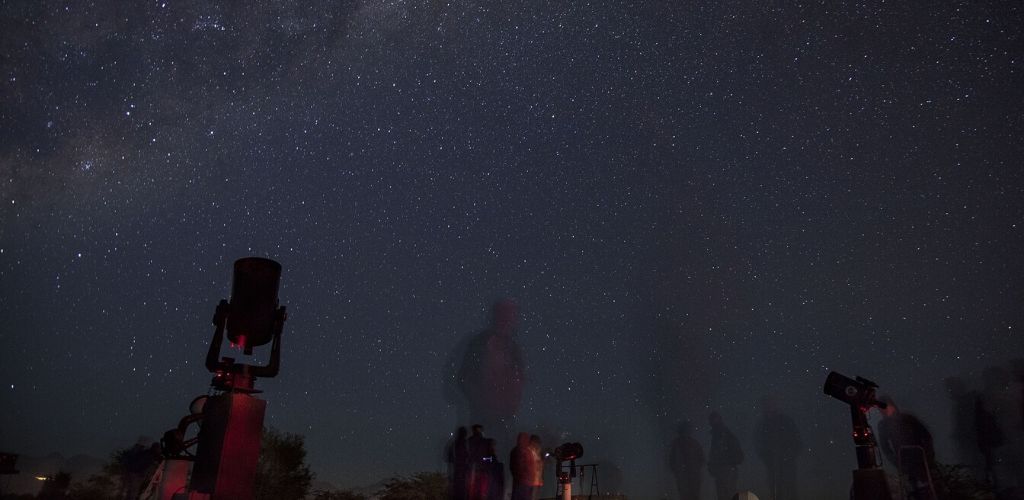
Use anti light pollution Filters
There are several filters designed to reduce the effects of light pollution, such as City Light Suppression (CLS) or Anti Light Pollution filters (ALP). These are narrow-band filters that cut off certain wavelengths emitted by streetlights. They can improve the vision of the sky through your telescope.
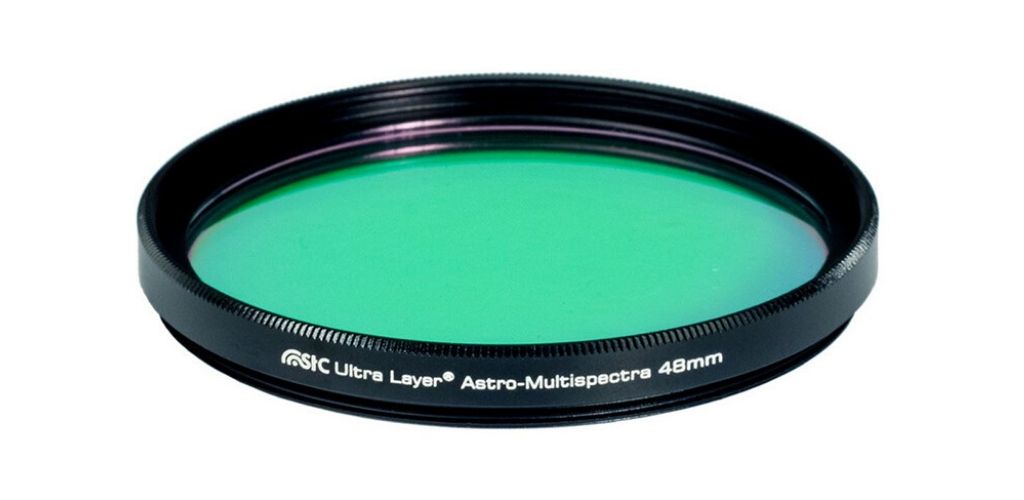
Go digital
With today’s digital cameras, you can manipulate the image and reduce the orange radiation in just a few clicks. Due to its high sensitivity, this type of device perceives a lot more celestial objects during light pollution conditions than the human eye.
